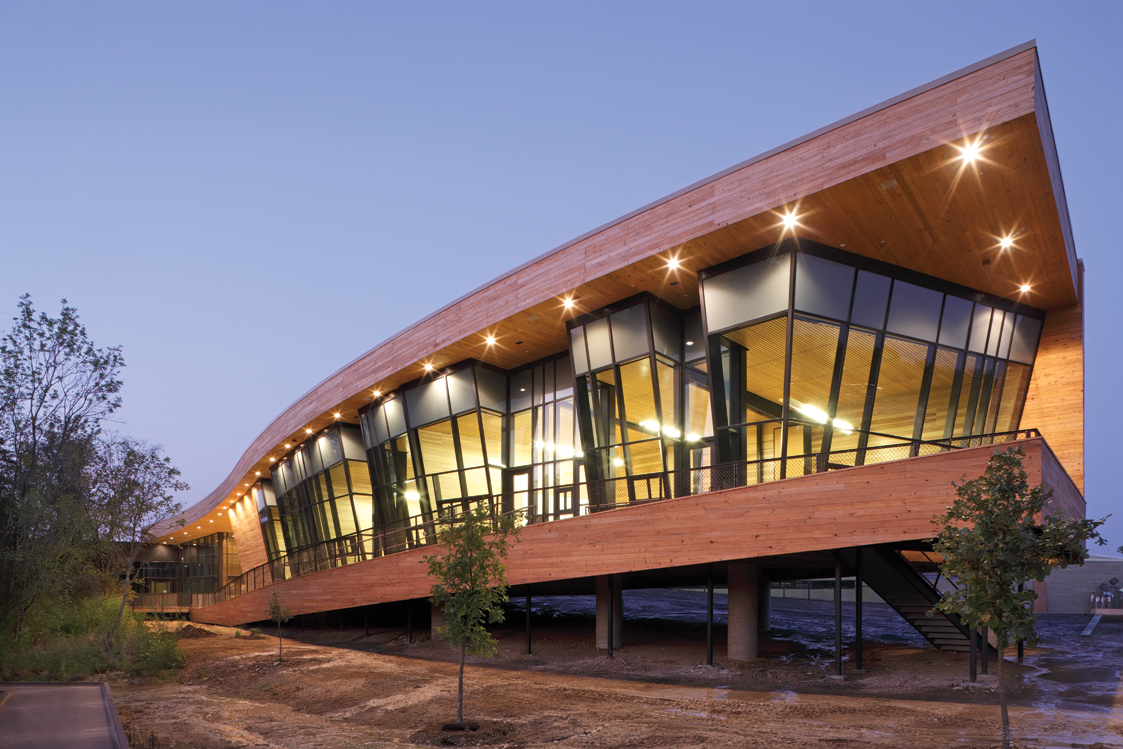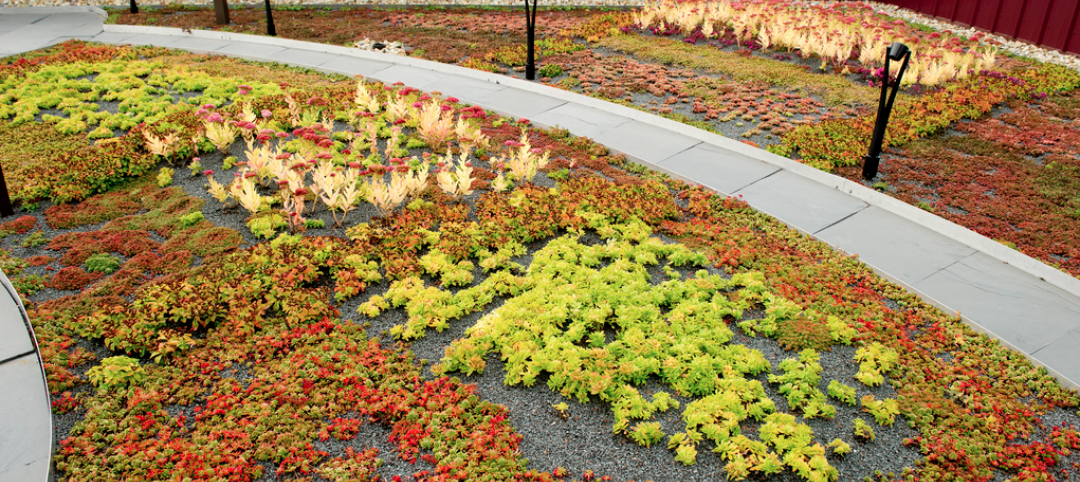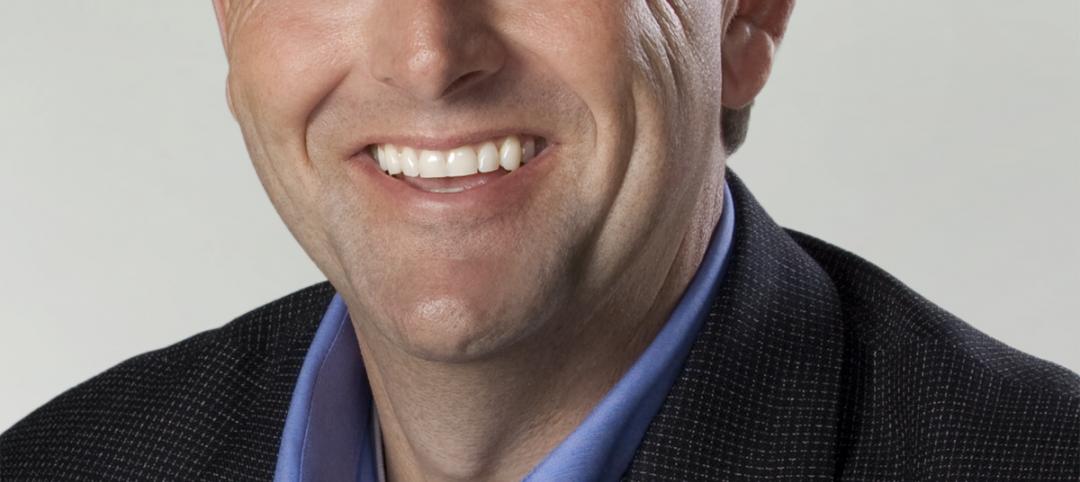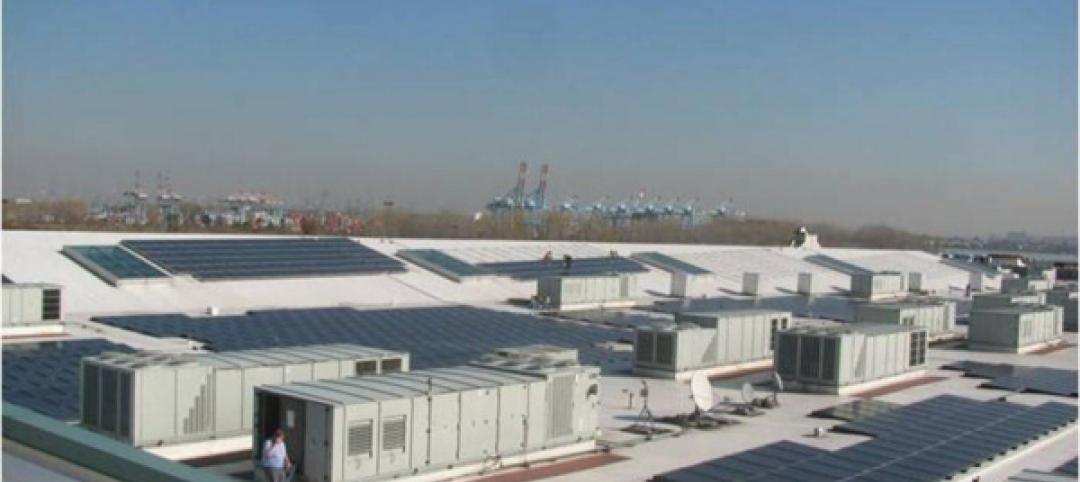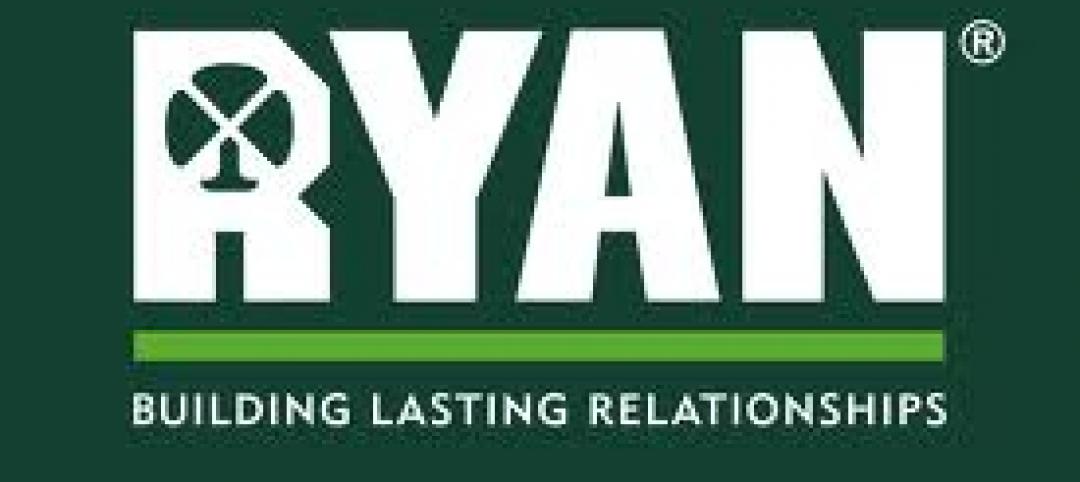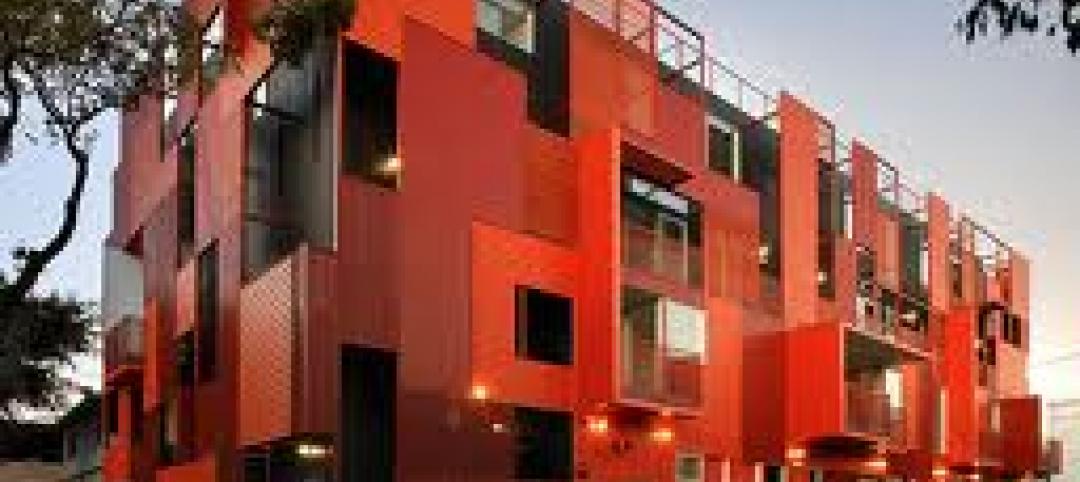Located just eight miles from downtown Dallas, the Trinity River Audubon Center seems a world away, sitting on 120 acres within the 6,000-acre Great Trinity Forest—the largest urban hardwood forest in the U.S. It seems only natural that the 22,000-sf facility would be designed to blend in with its wooded surroundings, but the architects’ decision to clad parts of the building in cypress was an unexpected choice.
The locally sourced cypress was selected “for its beautiful appearance, as well as its natural rot resistance and longevity,” says Gary DeVries, project manager for Brown Reynolds Watford Architects, the Dallas-based design firm that collaborated on the project with Antoine Predock Architect, Albuquerque, N.M.
The center has three wings—each expressing a different site element: forest, prairie, and water; the cypress siding was used on the exterior walls, fascia, and soffits of the center’s education or “forest” wing. An exhibit hall, gift shop, and administrative offices occupy the other two wings. Black anodized aluminum panels, concrete tilt-up, pre-weathered metal panels, and rough sawn boards were used to clad other sections of the building.
The three wings are tapered, angled, and cantilevered, sometimes to extremes (in one instance, a cantilevered canopy extends 48 feet) so that from the air the facility resembles a bird in flight. The building’s visual movement made it difficult to frame so the concrete subcontractor and the steel fabricator had to precisely coordinate their work. Because of those angles, the glazing contractor had to contend with creating a curtain wall with vertical framing installed on a cant ranging from 70 to 90 degrees, some of which varied between the 70 and 90 degrees on the same elevation. Moreover, curtain wall framing members ranged in height from 10 to 20 feet.
Ultimately, the team decided it was easier to custom fabricate the curtain wall on site. It took five months to fully enclose the building. Fortunately, the cypress cladding went up without a hitch, according to Jared Hicks, LEED AP, project manager for general contractor Sedalco, Fort Worth, Texas. “The building slopes a lot, there are large elevation changes, and the architects wanted boards running true horizontal in some places and running with the slope in other places,” says Hicks, “but installation was standard tongue and grove and the siding went up pretty easily.”
Hard to believe, but the building’s dramatically angular architecture wasn’t the most difficult problem the Building Team encountered. It was rain. And more rain. “In June the rain started coming and it didn’t stop, which is very unusual for us,” says Hicks. The team was only able to work six days that month and lost more than 130 days to weather over the course of the project. The Trinity River swelled to within 10 feet of finish floor and made the entrance to the job site impossible. Given the extremes of weather, the team was granted an extension and completed the $12.5 million facility one month before the center’s planned grand opening.
Visitors to the center have access to classrooms, indoor and outdoor museum exhibits, a discovery garden, and a below-grade aquarium designed to look like it’s part of the adjacent pond. Sedalco created more than two miles of nature trails, which included construction of bridges and boardwalks. They had to tread lightly, however, because they were under orders to disturb as little vegetation as possible. All equipment had to fit on the trails, which were only six feet at their widest. Steel erection and deck framing for the bridges and boardwalk wound up having to be completed without equipment.
The center has submitted for LEED Gold certification, with features such as the locally sourced cypress and other sustainable woods (including pecan millwork and wall paneling and bamboo floors), a partially vegetated roof, rainwater collection, and insulation made from old jeans contributing to the center’s sustainability. Perhaps the most significant green element is the building’s former brownfield site. Despite its location within a forest preserve, the land had been used for more than 15 years as an illegal dumping ground, and site remediation cleared away 1.5 million tons of trash. Native hardwood trees and prairie grasses now grow in place of trash piles. BD+C
Related Stories
| Feb 17, 2012
Tremco Inc. headquarters achieves LEED Gold certification
Changes were so extensive that the certification is for new construction and not for renovation; officially, the building is LEED-NC.
| Feb 17, 2012
MacInnis joins Gilbane board of directors
MacInnis is the chairman and recently retired CEO of Connecticut-based EMCOR Group, Inc.
| Feb 16, 2012
Gain greater agility and profitability with ArchiCAD BIM software
White paper was written with the sole purpose of providing accurate, reliable information about critical issues related to BIM and what ArchiCAD with advanced technology such as the GRAPHISOFT BIM Server provide as an answer to address these issues.
| Feb 16, 2012
TLC Engineering for Architecture opens Chattanooga office
TLC Engineering for Architecture provides mechanical, electrical, structural, plumbing, fire protection, communication, technology, LEED, commissioning and energy auditing services.
| Feb 16, 2012
Summit Design + Build begins build-out for Emmi Solutions in Chicago
The new headquarters will total 20,455 sq. ft. and feature a loft-style space with exposed masonry and mechanical systems, 15 foot clear ceilings, two large rooftop skylights and private offices with full glass partition walls.
| Feb 16, 2012
Highland named president of McCarthy Building Companies’ California region
Highland moved into this new role in January 2012 following a six-month transition period with Carter Chappell, the company’s former president, California region.
| Feb 16, 2012
Big-box retailers not just for DIYers
Nearly half of all contractor purchases made from stores like Home Depot and Lowe's.
| Feb 16, 2012
4.8-megawatt solar power system completed at Jersey Gardens Mall
Solar array among the largest rooftop systems in North America.
| Feb 15, 2012
Fourth-generation Ryan to lead Ryan Companies AE team
Ryan leads a team of eight architects, four civil engineers, two landscape architects and two virtual building specialists in their efforts to realize their customer’s vision and needs through Ryan’s integrated project delivery system.
| Feb 15, 2012
NAHB sees gradual improvement in multifamily sales for boomers
However, since the conditions of the current overall housing market are limiting their ability to sell their existing homes, this market is not recovering as quickly as might have been expected.


